Joel Fortuna knew his weight had been creeping up. His blood pressure, too.
After his doctor put him on two medications, he thought he had it pretty well under control.
But one day early last spring—“just a normal, ordinary day,” as he recalls—his blood pressure rose so quickly it gave him a strange sensation in his ears.
He used his home monitor to check his vitals. The numbers scared him enough to call his provider.
“They told me to go straight to urgent care or the emergency room,” Fortuna said. “And even once I was there, it took a while to come down. They sent me back to my doctor, who put me on a third blood pressure medication.”
Later, he received an email from the Spectrum Health Lifestyle Medicine department—an invitation to join the nine-week Complete Health Improvement Program, which organizers call CHIP.
It’s a serious intervention, teaching participants how exercise and healthy foods can help prevent and treat chronic disease.
Fortuna, 40, has a busy job at the Spectrum Health Information Services department. A nine-week program would be a tall order.
He and his wife also have their hands full raising their sons, ages 5 and 3. They had a new baby on the way, too.
But his recent scare—paired with the discouraging reality of a third medication—prompted him to rethink his health priorities.
“Clearly, I needed to do something new,” he said. “And I needed to do it now. The invitation to join CHIP was kind of a welcome kick in the pants.”
High blood pressure runs in his family.
“I’d always told myself that the blood pressure was strictly hereditary,” said Fortuna, of Grand Rapids. “My dad is an ultra-marathoner and he has it. My brothers and my sister also run and are quite fit—and they have it.”
But those family members are all in great shape. That helped them manage the condition.
“And I wasn’t. My weight had crept into the obese range,” Fortuna said. “And while I played sports in high school and stayed active in college, I wasn’t in good shape anymore. I hated that I was on three medications. I wanted to get a handle on my blood pressure and knew I needed an abrupt change.”
A new plan
He enrolled in the program session that began in September 2020.
It kicked off with an introduction to plant-based eating.
“The five-day jumpstart is designed as kind of a palate cleanse,” said Kara Tibbe, a Spectrum Health clinical program specialist and health and wellness coach.
For the first few days, people eat whole grains and some fruit. After the third day, they begin to add vegetables, including legumes and spices.
“I bought into it right away,” Fortuna said. “And I liked that I knew exactly what to eat.”
The program aims to make people more receptive to trying new flavors right away.
“They start to understand how good plant-based meals taste,” Tibbe said.
But it can also do something else vitally important—it helps participants tally quick wins in weight loss, body composition and blood chemistry.
“Within five days, Joel had already dropped a significant amount of weight,” Tibbe said. “Within a few weeks, he’d lost 14 pounds and was able to go off all his medications.”
Fortuna entered the program motivated, which certainly helps.
With the added ability to set small, achievable goals, he just kept building on his successes, Tibbe said.
By the end of the nine-week program, Fortuna dropped 22 pounds.
His cholesterol, which had been high, fell 60 points to within normal ranges. He eventually lost a total of 40 pounds.
More than numbers
While weight loss can dramatically change someone’s health, the program’s impact is more significant than just that, Fortuna said.
He now genuinely enjoys healthy foods.
He monitors his blood pressure faithfully.
“I’ve made exercise more of a priority, too, making sure I am doing something at least four days a week,” he said.
Besides lifting weights, he takes frequent walks, often inviting co-workers to join him so they can have business meetings on the hoof.
He’s paid more attention to getting enough sleep, or as much as anyone can with a new baby in the house.
“Sleeping helps because it is easier for me to make good food choices when I am well rested,” he said.
He also loves how his energy levels have bounced back.
“It used to be that by 2 p.m. or so, I could barely keep my eyes open,” he said. “Now, I’m fine all day and actually get tired when I’m supposed to get tired.”
In some ways, he thinks starting this new way of eating during the pandemic has been a little easier.
“There aren’t happy hours after work or kids’ pizza parties,” he said. “When you’re cooking and eating at home, it’s easier to control.”
He intends to stick with this new approach to living.
And best of all, it hasn’t saddled him with a goal weight—just the promise to keep doing all the healthy behaviors that have already made him feel better.
He makes room for moderation, too, occasionally enjoying a meal at a restaurant.
As something of a wine aficionado, he’s also happy he can finally invite that back into his routine.
“I now try and have a glass or two of wine on Friday,” he said. “I’m confident enough in my new way of eating that I can make room for that.”

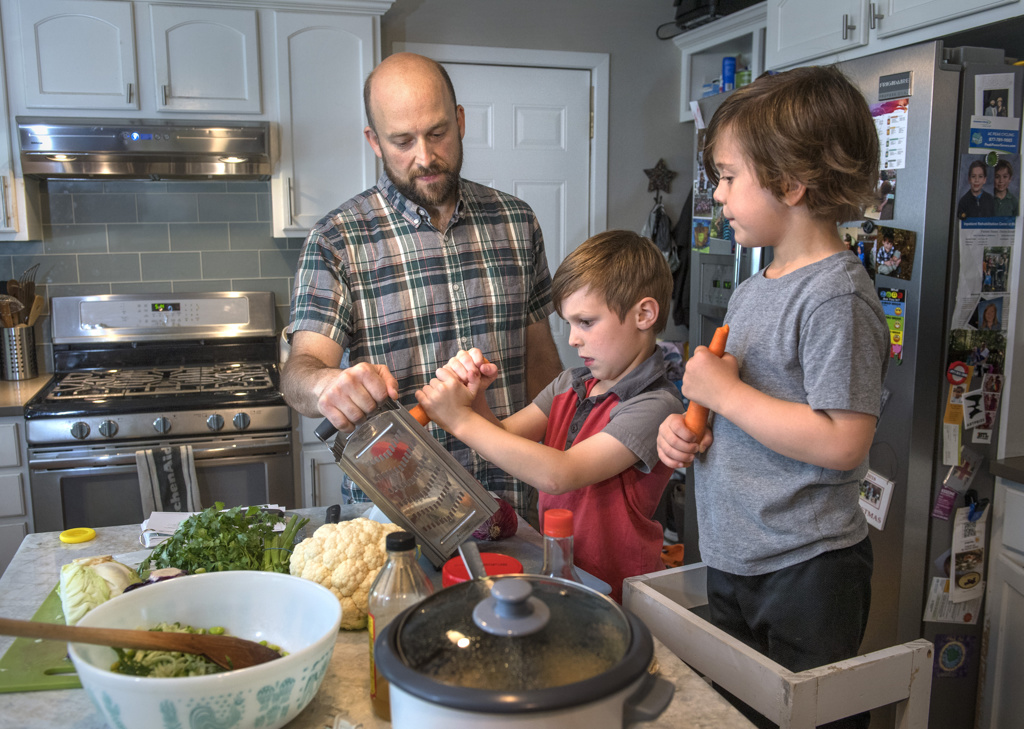
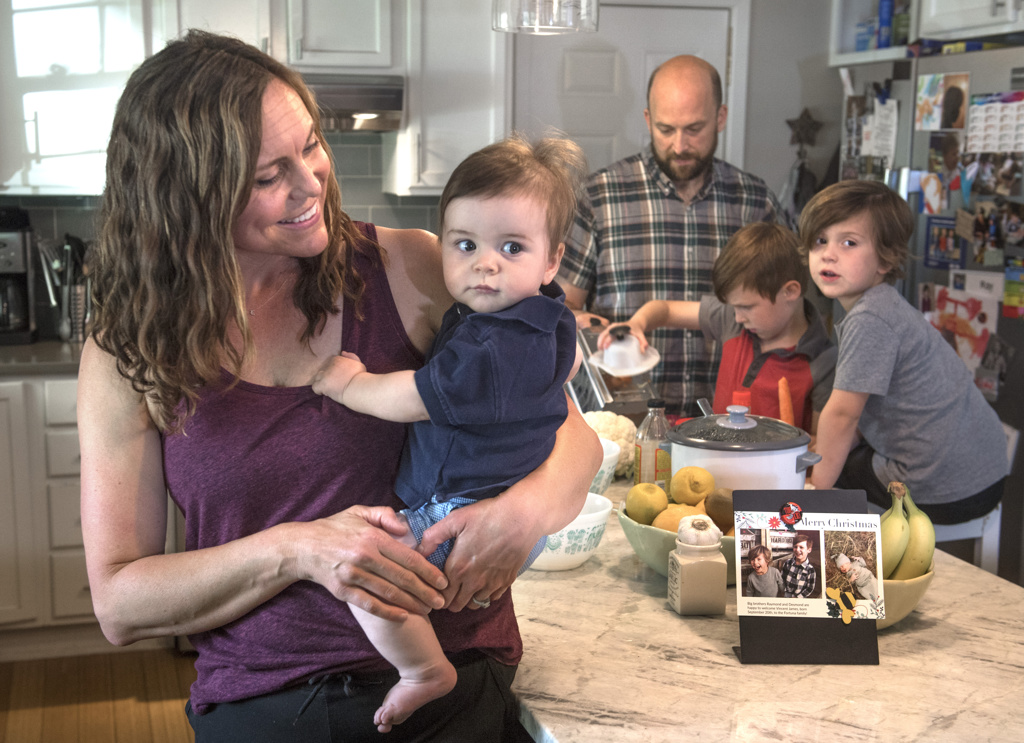
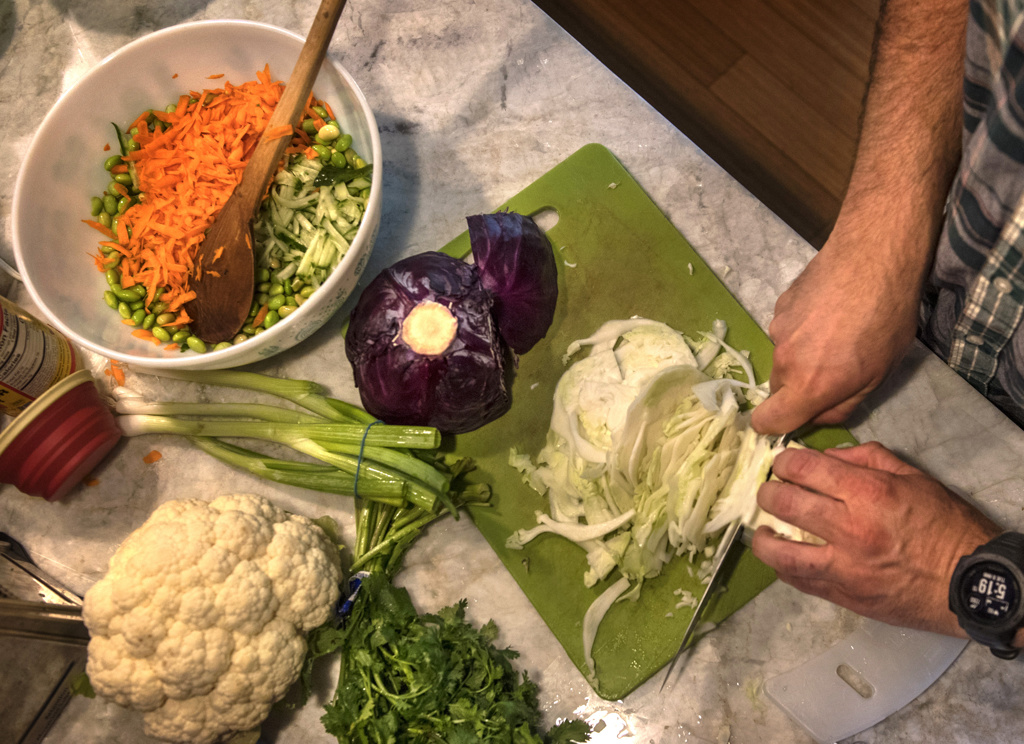
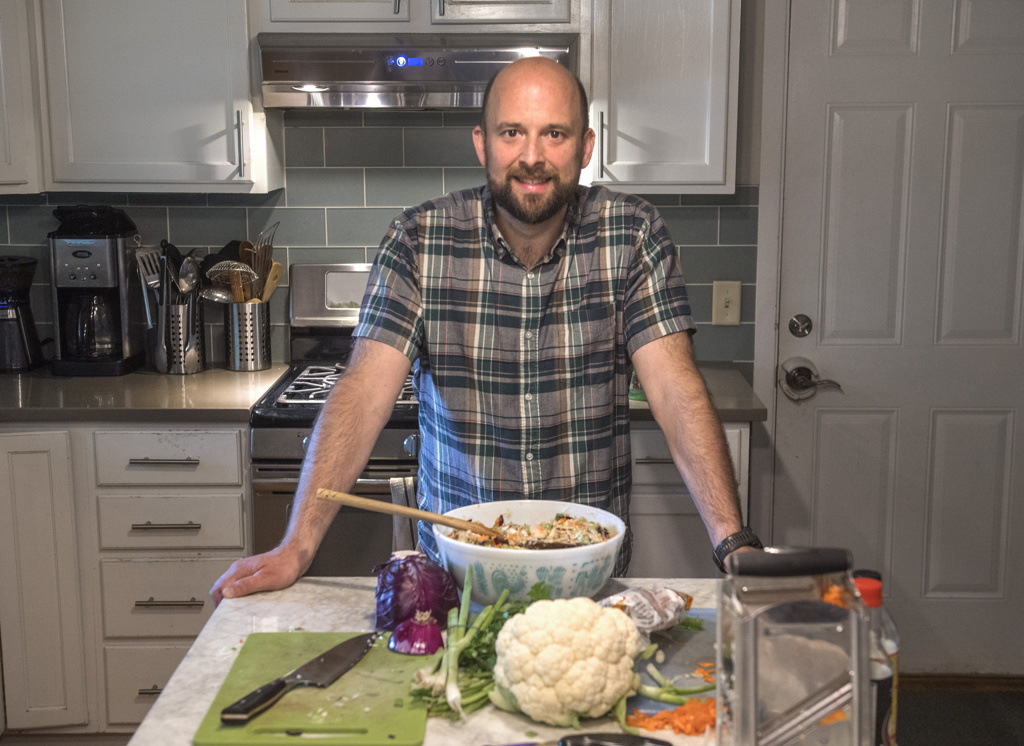


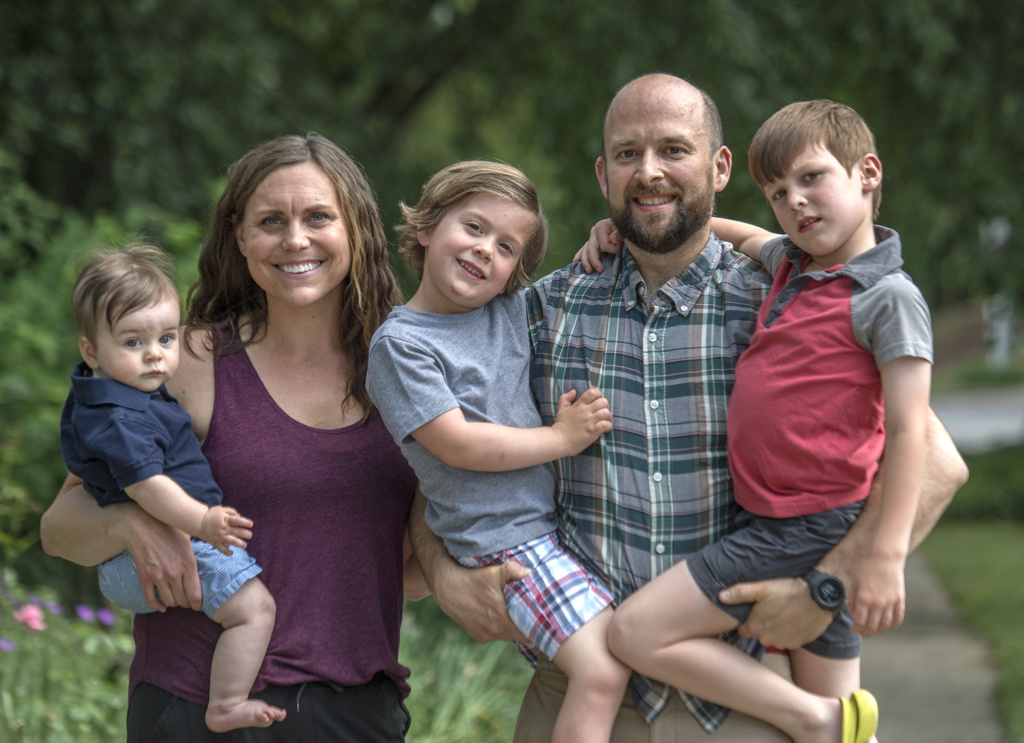









 /a>
/a>
 /a>
/a>
 /a>
/a>